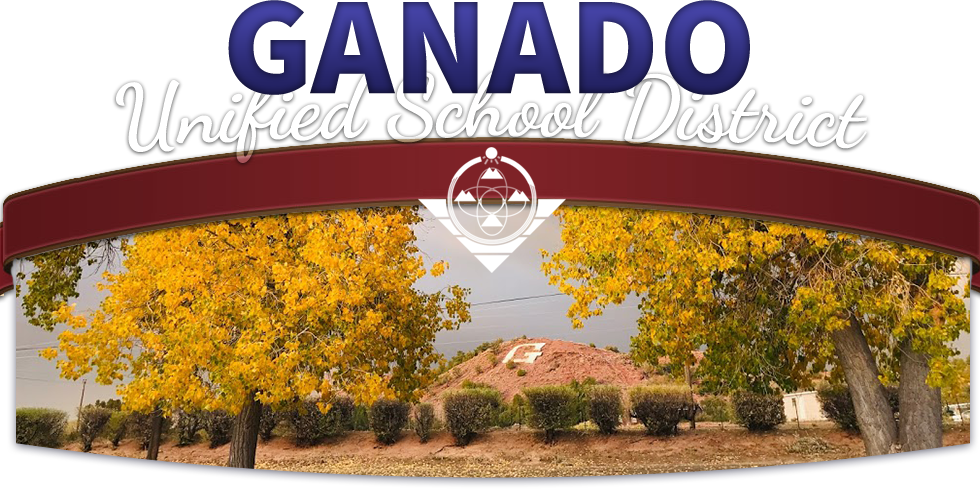School Safety
Our District is proud to have an emergency response coordinator that oversees the overall safety, protocols, and coordination for our district. Please check back often for further information.
School Safety Staff
Kevin Blackwolf, Emergency Response Supervisor
(928) 755-1118
COVID-19 (Coronavirus) Information

While Ganado Unified School District No. 20 (GUSD) does not have any reports of confirmed exposures of COVID-19 (coronavirus) within our school district, the GUSD Governing Board and district leadership share our community’s concerns about a possible outbreak in the future. GUSD continues to communicate with the Navajo Nation Department of Health Service, IHS, and local public health to ensure we have the most accurate information.
We encourage our school families and staff to visit Arizona Department of Health Services Coronavirus page and CDC website for the most current and accurate information.
In the case of COVID-19 or other communicable diseases, GUSD follows the directives provided by Arizona Department of Health Services. Should there be updated developments that would impact our families or schools, GUSD will send out communications to families and employees as soon as possible.
GUSD position on closing schools for COVID-19:
- Careful consideration for school closure recommendations will take into account the severity of disease, benefits to public health, impact on student learning, families, childcare, school staff, and the economy.
- Because most people with COVID-19 have mild disease, the likelihood that local health services will recommend closing schools is very low, but not zero. Should that change, local health services will notify Ganado Unified School Districts No. 20.
- Closing schools is not always the most effective strategy to slow disease transmission, particularly if children congregate outside of school.
Information from Arizona Department of Health Services (AZDHS)
- COVID-19 is believed to spread primarily the same way the common cold or flu spreads - through respiratory droplets that are produced when someone coughs or sneezes.
- People who are most at risk of becoming infected with COVID-19 are those who have been in close contact (within about six feet) with someone who has the disease.
- People are thought to be most contagious when they are most symptomatic (the sickest).
- Because protection from all respiratory viruses is similar, this is a good time to review strategies to prevent the spread of respiratory viruses:
- Wash your hands often with soap and water for at least 20 seconds.
- Avoid touching your eyes, nose, and mouth with unwashed hands.
- Avoid close contact with people who are sick.
- Cover your cough or sneeze, then immediately discard any tissues.
- Clean and disinfect frequently-touched objects and surfaces.
- Contain your cough, e.g., coughing into your bent (V position) arm.
- Stay home if you have the flu or flu-like symptoms or temp of 100* or higher. Do not return until fever free for 24 hours without the use of fever reducing medication.
Visitor Management System
Raptor Technologies
The Raptor System: Visitor/Volunteer Management
Raptor is a visitor/volunteer management system, which enhances school security through database screening and printing of photo identification badges for all visitors/volunteers in our schools. ID badges must be worn at all times on our campuses. Additionally, Raptor allows our district to maintain a database of all visitors and volunteers.
Instant Screening Process: The Raptor System ensures that all visitors and volunteers to a school campus are instantly screened against the registered sex offender databases in all 50 states.
Custom Databases: Raptor can check visitors against a school's custom database to ensure safety alerts are managed for school staff.
Efficient Reporting: The system can also create quick and easy reports for schools, or the entire school district, which can help with tracking volunteer hours.
Trusted Protection: The Raptor System is used in our neighboring districts, in Orange County, and beyond. It is trusted by more K-12 schools to protect students, teachers, and support staff than every other system combined.

